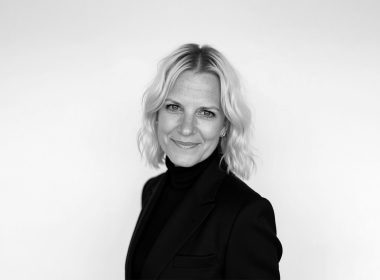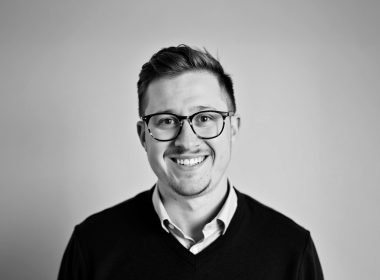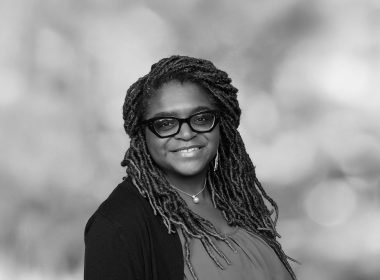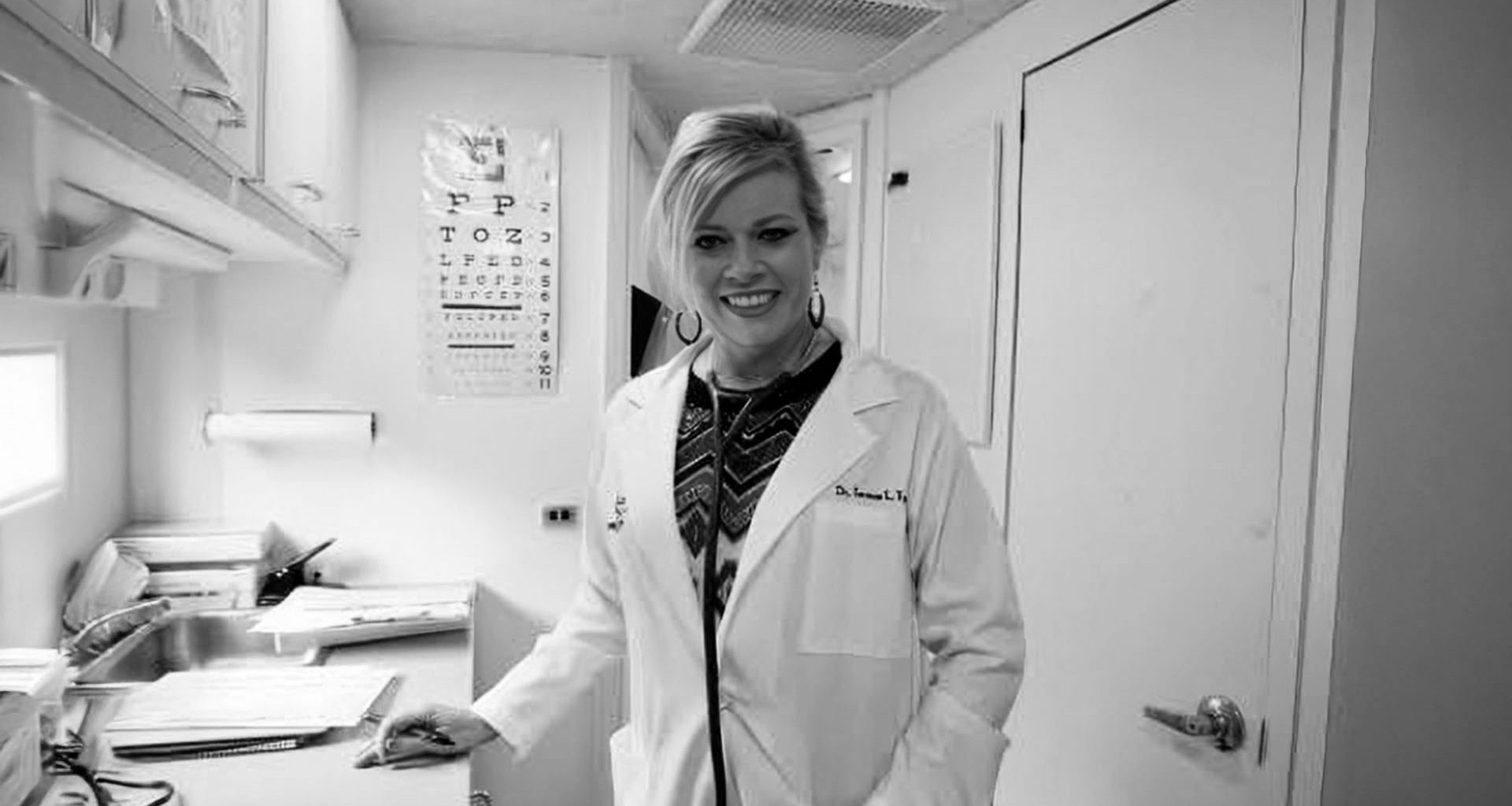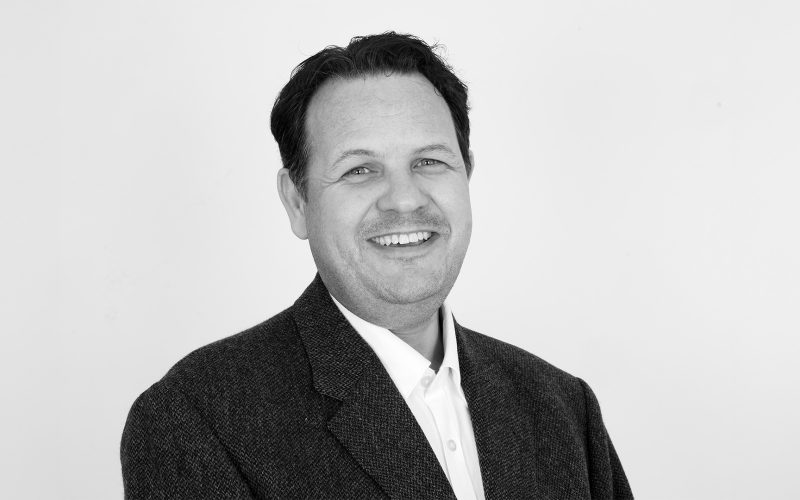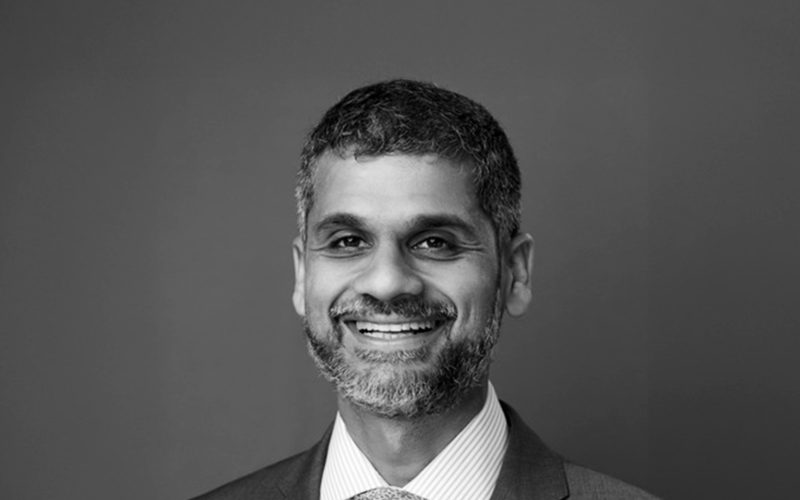A life‑saving healthcare revolution is unfolding in the isolated towns in the Appalachian Mountain, a region where 13% of adults live with diagnosed diabetes. Dr. Teresa Owens Tyson has spent more than three decades shoring up systems of care that reach beyond clinic walls and into farmsteads, trailer parks, and mountain hollows. With the Health Wagon as her vehicle, Dr. Tyson brings chronic disease prevention to the frontier, using empathy, ingenuity, and persistence to ensure that no patient goes unseen.
A Model Built for Chronic Disease, Not Convenience
Dr. Tyson leads the Integrated Comprehensive Care Collective, a framework that melds mobile outreach, stationary clinics, dental and pharmacy services, mental health support, and telehealth. It is a system designed for the challenges of underserved Appalachia. “We do workarounds and we remove the barriers to that healthcare chronic disease issue,” she explains, underscoring her commitment to practical, empathetic solutions.
Locating patients often comes before treating them. Outreach teams screen for diabetes, hypertension, and cancer in communities and at large-scale events. “We’re out in the community because if you don’t find the patients then you’re not going to be able to help them,” she says. The mobile and hub system routes patients to either mobile stabilization or stationary services, and for advanced needs, to specialists via telehealth or visiting clinicians.
Diabetes as the Proving Ground for Prevention
Dr. Tyson’s approach shines in managing diabetes. Her team removes barriers to care, providing glucose monitors and insulin, often at no or low cost. “If they need insulin, then we’ve got it. We’re able to get those medications free or at substantially reduced cost to them.” Pharmacy students help educate patients on diet, foot care, and blood sugar monitoring. When control remains elusive, referrals to endocrinologists are arranged. The result is consistent, sustained disease management rooted in real-life support.
Prevention is as much social as it is clinical when one consider the financial, emotional, and environmental context of patients in this area. “You have to consider the social determinants of health,” she says. Without securing basic needs like electricity or transportation, education and treatment won’t stick. The Health Wagon assists with Medicaid enrollment, delivers essentials, and screens for depression.
A Regional Responsibility With National Resonance
“The success of this nation was born on the backs of these coal miners,” she says, calling attention to the disparities in investment and care in this part of the United States, where patients often avoid emergency rooms to shield their families from insurmountable bills. Equitable healthcare must include places like Central Appalachia, where geography and history compound health disparities, but where community trust can be rebuilt through sustained, grounded care. “We are only as strong as our weakest link, and leaving entire communities behind is not an option if we want a healthier nation.”
To follow Dr. Tyson’s work and the Health Wagon’s ongoing initiatives, connect with her on LinkedIn.


